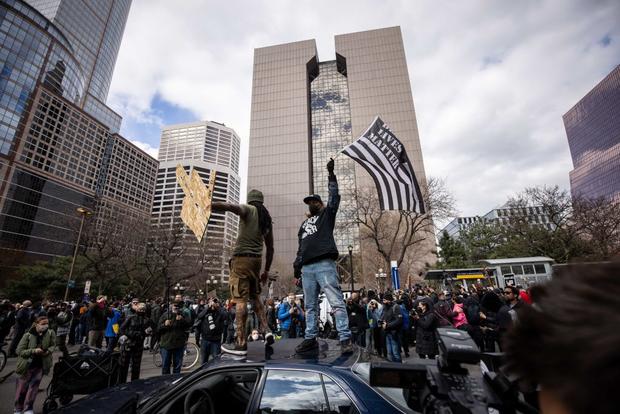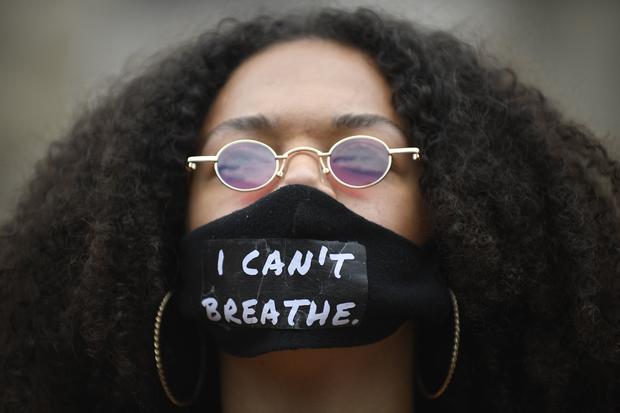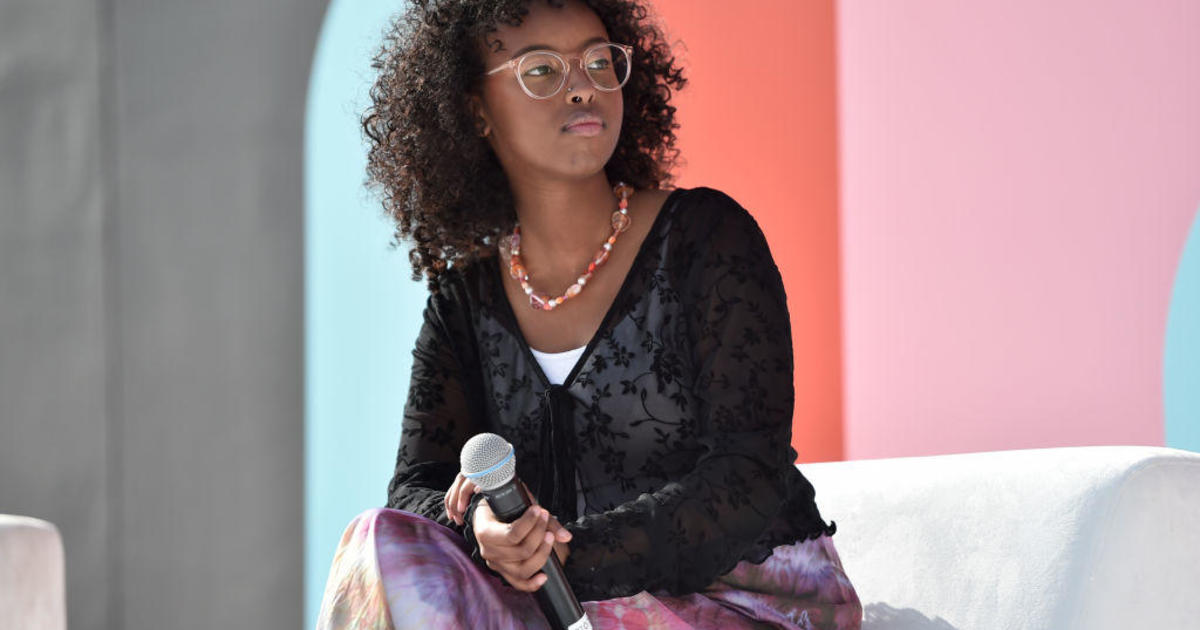Rising After Trauma: Uncertainty Remains 1 Year After George Floyd's Murder
MINNEAPOLIS (WCCO) -- As the sun rises one year after George Floyd's murder -- one year since the Twin Cities changed forever -- there's the promise of a new dawn, but its warmth has not yet set in.
"I think we're in a space where we can't be sure what is happening," said Dr. BraVada Garrett-Akinsanya, a psychologist who works to help people understand their mental health. She says that people are still feeling a heightened sense of anxiety, causing them to feel shaky, inattentive, and lose sleep.
People in the Twin Cities and across the country are feeling this way despite the guilty verdict last month for former Minneapolis police officer Derek Chauvin. Some people, Garrett-Akinsanya says, are feeling uneasy precisely because Chauvin was convicted.
"People are just waiting for the other shoe to drop," she said.
Garrett-Akinsanya, who is Black, says communities of color in particular are still living with trauma from what happened on May 25, 2020, and the decades of oppression before that.
"We don't have faith that this one incident of justice is creating a trend or a pattern that will undo or begin unraveling of what we've experienced for centuries," she said.
Although people in this age of Zoom calls expect clear results from the work they contribute, Garrett-Akinsanya says that those won't come for a problem as long-lasting as this. "It's going to take generations, generations upon generations, before we can all feel safe together," she said.
As familiar chants echoed in the streets of Minneapolis and St. Paul last summer, there was something of a new awakening. This time, it felt different.
"This time, it went past Minnesota," Garrett-Akinsanya said. "It went past America, it went to the world. And because of media, thank goodness for media, it was in real time."
Minnesotans, more than 80% of which are white, saw what was happening through a different racial lens.
"The issue of race, in that moment, as salient as it was, was not superseded by the fact that we are human beings," Garrett-Akinsanya said. "That is what made this different."
Rising from the trauma of the last year is the emergence that Black women, in particular, are owed credit for the leadership they have carried through generations.
"One of the things that happens with Black women is that we are very strategic in our actions, we are very intelligent in our way of intervening in systems," Garrett-Akinsanya said.
And so it is fitting that the movement embedded in this moment started with Darnella Frazier, who held her phone steady when she saw something that didn't seem right.
"There's almost a synchronicity to the fact that in the universe, as the world is changing, that that lens on our oppression was held by a young Black girl," Garrett-Akinsanya said.
Frazier cried during testimony in the ex-officer's trial, saying she wish she did more -- a recognition that there is more left to do.





